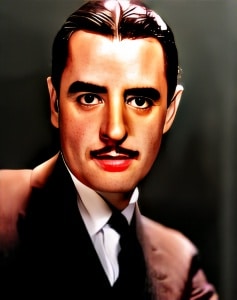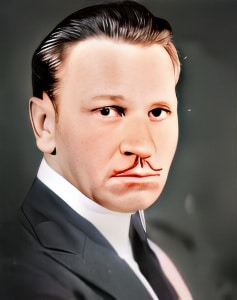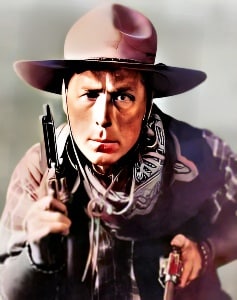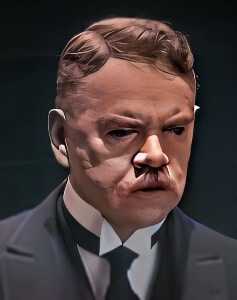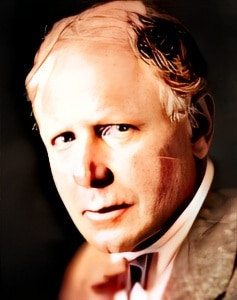 Ralph Lewis (1872-1937) was an American actor who made a significant impact on the early years of cinema.
Ralph Lewis (1872-1937) was an American actor who made a significant impact on the early years of cinema.
Known for his commanding presence and versatility, he was a prominent figure in the silent film era. With a career spanning decades, Lewis left a lasting legacy in the world of entertainment.
Born on October 8, 1872, in Englewood, Illinois, Ralph Lewis began his acting career in theater before transitioning to silent films. He made his film debut in the early 1910s, when the film industry was still in its infancy.
One of the highlights of Lewis’s career was his collaboration with pioneering director D.W. Griffith. He appeared in several of Griffith’s films, including “ Intolerance” (1916), an ambitious and innovative project that explored themes of prejudice and injustice throughout different historical eras. Lewis’s performances in “ Intolerance” were central to the film’s impact, showcasing his ability to adapt to a variety of roles.
In “ The Birth of a Nation” (1915), another Griffith film, Lewis portrayed the character Dr. Cameron. While the film was groundbreaking in terms of cinematic techniques, it has faced criticism for its racist content.
Ralph Lewis’s ability to convey authority and empathy made him a sought-after talent in the silent film era. He often played roles of fathers, authority figures, and mentors, adding depth to the characters he portrayed.
One of his notable roles came in the film “ Broken Blossoms” (1919), directed by Griffith. In this film, Lewis played Battling Burrows, a brutal and abusive character, which was a departure from his usual roles. His portrayal of this character was critically acclaimed and demonstrated his versatility as an actor.
As the silent film era transitioned into the sound era, Lewis faced the challenges of adapting to the evolving industry. While his presence in Hollywood waned over the years, he continued to work in both films and television.
Ralph Lewis’s personal life remains relatively private, with limited information available about his off-screen activities. His acting career is the primary focus of his legacy, and his performances in D.W. Griffith’s films are remembered as significant contributions to the early days of American cinema.
Ralph Lewis passed away on December 4, 1937, in Los Angeles, California. His contributions to the silent film era continue to be celebrated and appreciated for their emotional depth and their role in shaping the early years of cinema. His performances are considered essential in the history of American film and a testament to the power of storytelling through the medium of film.
Loading live eBay listings...

